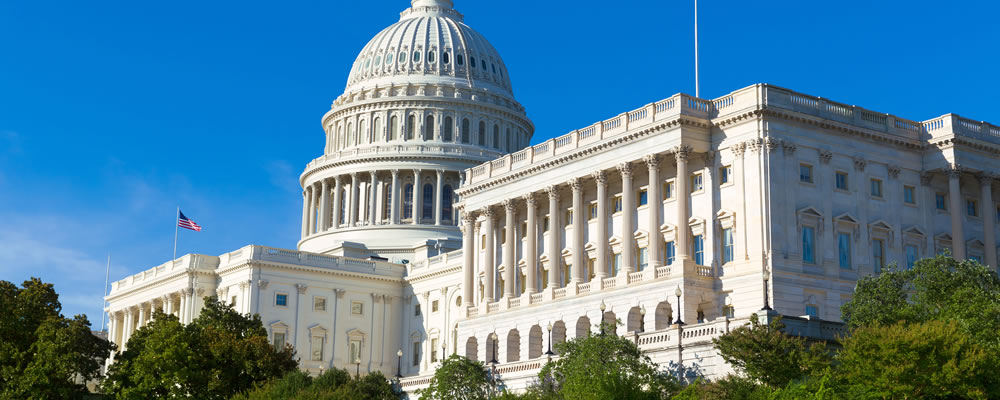The Euro US Dollar (EUR USD) exchange rate rallied on Tuesday as markets become increasingly wary of the aggressive tone of US foreign policy.
The US Dollar remains on the back foot this morning as investors remain concerned about growing geopolitical tensions between the US and North Korea threaten to embroil the US administration in an increasingly precarious position in Asia.
In a trip to South Korea over the weekend US Vice President Mike Pence warned Pyongyang;
‘North Korea would do well not to test his resolve or the strength of the armed forces of the United States in this region.’
There are fears that any potential action taken without consulting its neighbours could strain US ties with North Korea’s only remaining political ally, China, prompting a rise in EUR USD.
With US-Chinese bilateral trade last year being worth over half a trillion dollars, the chance for Trump’s stance on North Korea to damage the trade relationship between the two countries is a major concern for USD investors as China continues to stand by its unruly ally.
Meanwhile the Euro struggled to extend its gains this morning as Markets remain worried about the upcoming French presidential election.
With just a few days to go until the first round of voting, the gap between the four leading candidates has narrowed, causing EUR investors to worry that current favourite and centrist Emmanuel Macron could fail to gain the support he needs to advance to the second round.
Traders fear that this could lead to a run-off between the two anti-EU candidates, Marine Le Pen and Jean-Luc Mélenchon, an outcome that could have dire consequence for the Eurozone, if either candidate pursues their plans to hold a referendum on EU membership.
The uncertainty over the election result has not been helped by predictions that a record number of the electorate are likely to abstain from voting, with the levels of voter apathy at similar levels to 2002, which saw Le Pen’s father and former National Front leader, Jean-Marie Le Pen advance to the second round.
The single currency was also weakened this morning by the release of the Eurozone’s latest Consumer Price Index, which confirmed forecasts from economists that the inflation rate would tumble from 2% to 1.5% in March.
The drop in inflation was largely fuelled by the downtrend in oil prices last month, while a notable drop in demand for flights following the late start to the Easter holidays also led transport costs to tumble last month.
The decline comes as a major blow for EUR investors, many of whom had hoped that the European Central Bank (ECB) would be forced to rethink its ultra-loose monetary policy should the inflation rate have continued to hold at the bank’s target rate of 2%.
Looking ahead the EUR USD exchange rate may struggle to advance tomorrow if the Eurozone’s latest Consumer Confidence figures do not show any notable improvement in April, although some analysts currently predict it will see a slight uptick from -5.0 to -4.8, others forecast that the uncertainty in France could cause sentiment to tumble.
Meanwhile the US Dollar may soften on Thursday as the Philadelphia Fed Manufacturing Index is expected to show that activity in the sector fell from 32.8 to 25.0 in April.
Current Interbank Exchange Rates
At the time of writing the EUR USD exchange rate was trending around 1.07 and the USD EUR exchange rate was trending around 0.93.
